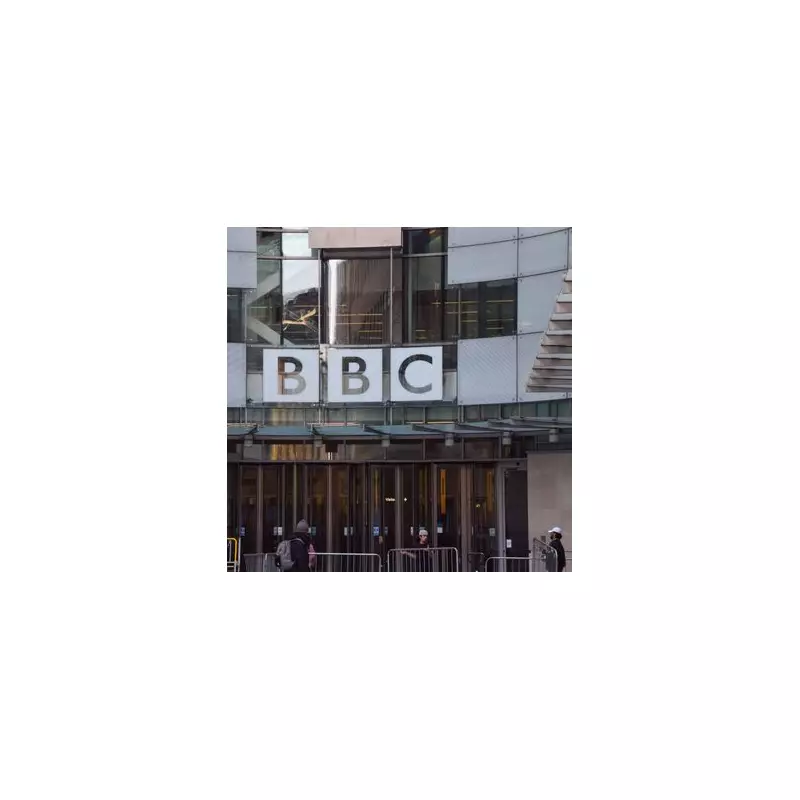
The traditional BBC licence fee could be completely scrapped within two years, according to explosive new government plans that would transform how Britain's national broadcaster is funded.
The Countdown to Change
Whitehall insiders reveal that ministers are actively exploring radical alternatives to the current £159.50 annual charge, with a potential overhaul scheduled for 2026. This would mark the most significant shift in BBC funding since its inception.
What's On the Table?
The government is weighing multiple options that could replace the current system:
- Subscription model: Similar to streaming services like Netflix, where viewers pay only for the content they want to access
- Household levy: A universal charge applied to all households regardless of TV ownership
- Hybrid systems: Combining elements of public funding with optional premium services
- Progressive funding: Linking payments to household income or council tax bands
Why the Rush for Reform?
The current licence fee has faced mounting criticism on several fronts. With streaming services revolutionising how people consume media and growing complaints about the mandatory nature of the fee, pressure for change has reached boiling point.
The government's position appears clear: Culture Secretary Lucy Frazer has openly questioned whether the current model remains "sustainable" in today's digital landscape. Her department is now accelerating plans to ensure any transition happens smoothly when the BBC's charter comes up for renewal.
What This Means For Viewers
While the exact details remain under wraps, any new system would likely:
- Eliminate the criminal penalty for non-payment
- Offer more flexibility for households that don't use BBC services
- Potentially reduce costs for many families
- Create a fairer system that reflects modern viewing habits
The Bigger Picture
This isn't just about saving households money - it's about ensuring the BBC remains relevant and properly funded in an era where traditional broadcasting competes with global streaming giants. The 2026 deadline gives both the government and the BBC time to design a system that preserves the broadcaster's world-class output while adapting to 21st-century realities.
As one Whitehall source put it: "The days of the one-size-fits-all licence fee are numbered. We're building a funding model fit for the future, not the past."





